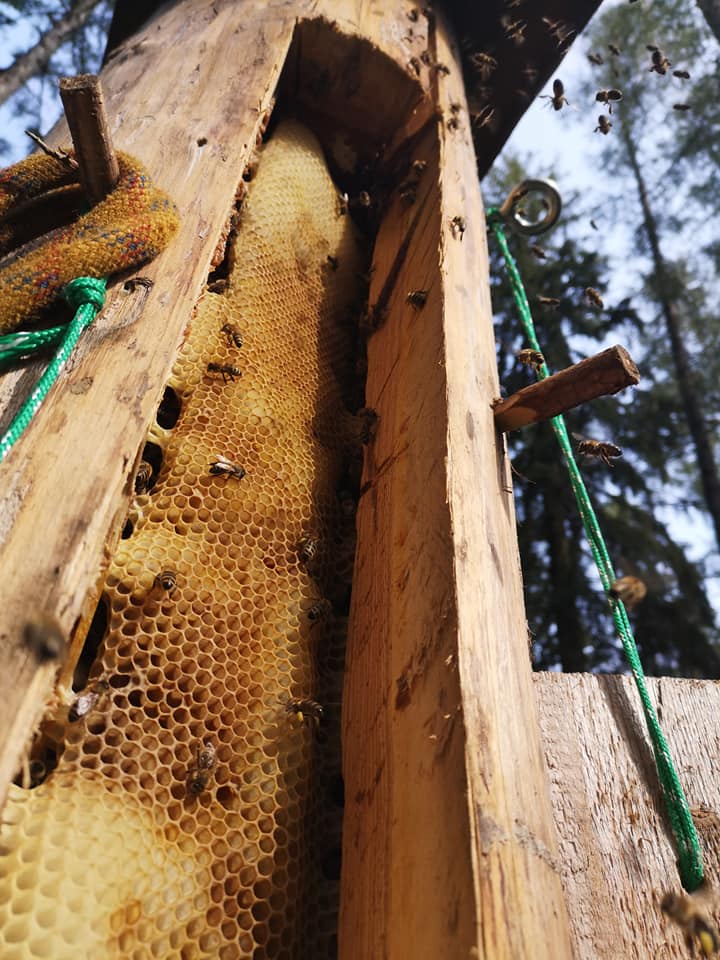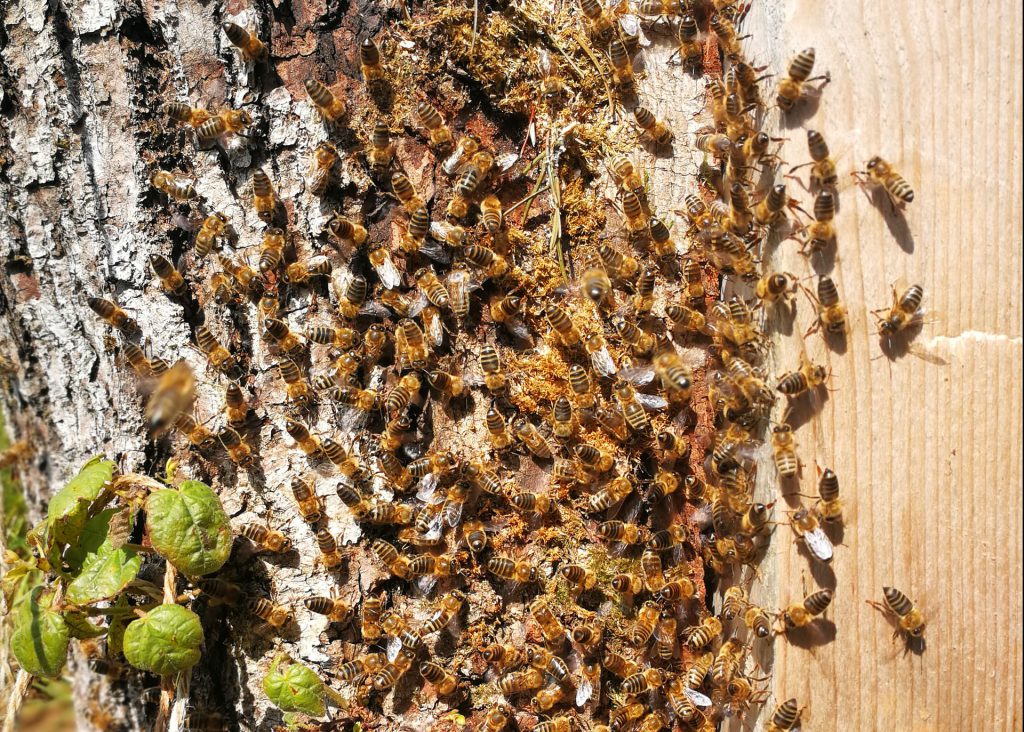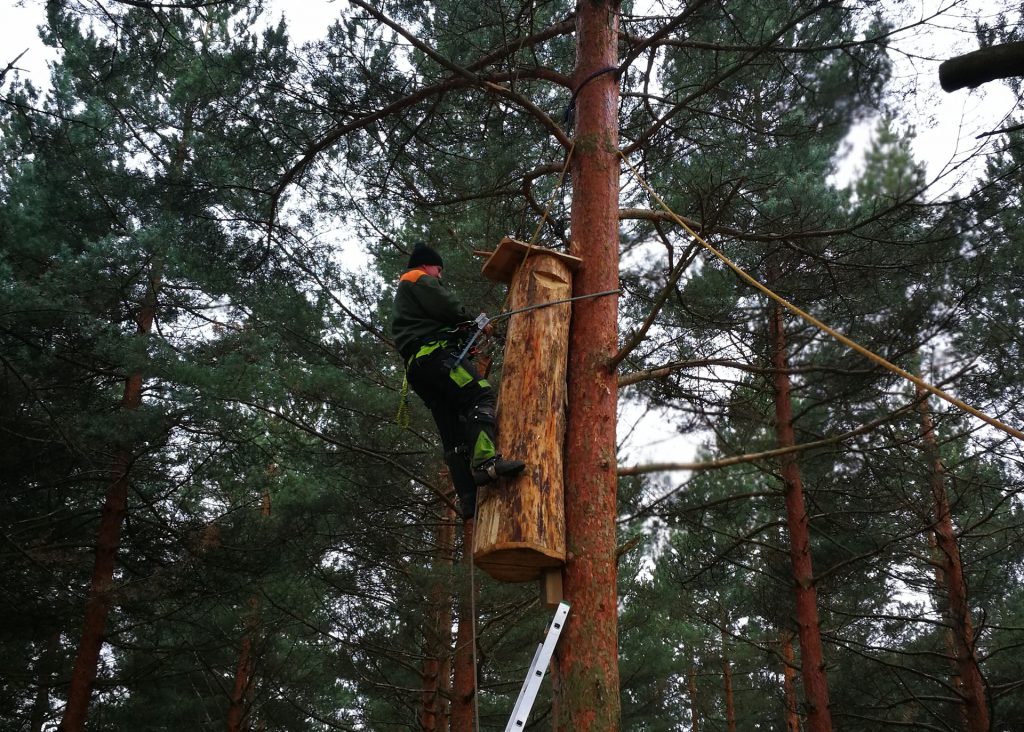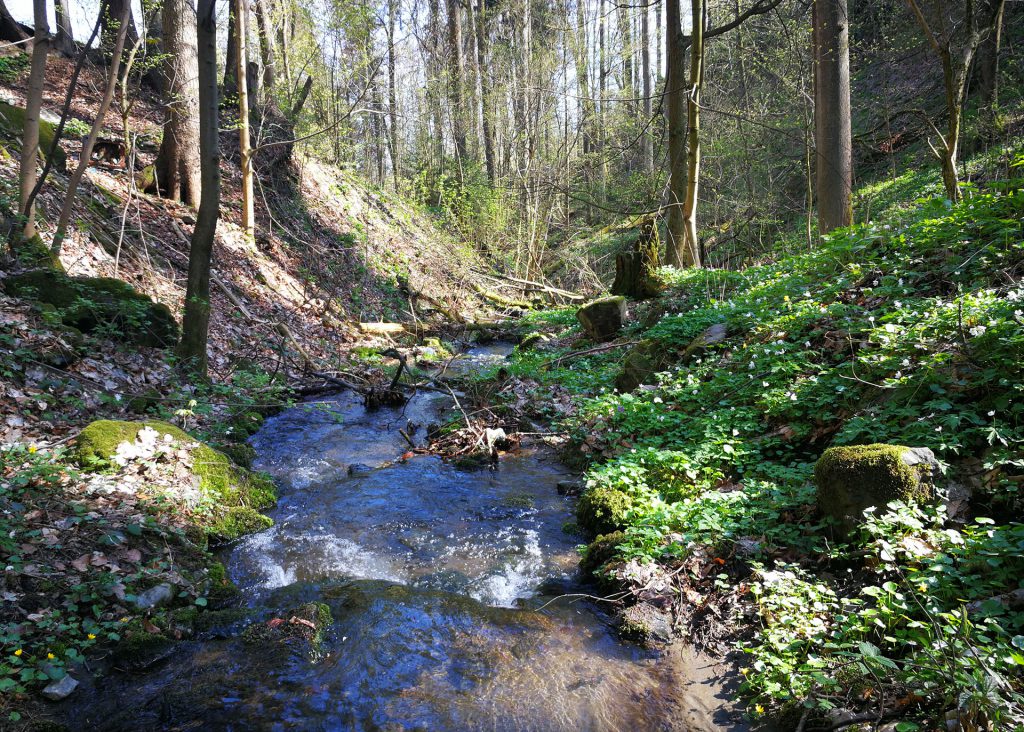O programie

<div class="text-wrap tlid-copy-target">
The Bartnicy Sudetów program derives its sources from passion and knowledge about bees and their role in maintaining biodiversity of the natural environment.
Under the program, logs are produced, which are then hung in an area of over 10,000 ha of forests located in the municipalities of Międzylesie, Bystrzyca Kłodzka and Lądek Zdrój. Logs are obtained mainly from trees turned over by the wind and most often unsuitable for sale as a raw material for the wood industry. We produced the first 300 pieces together with the inmates of the Kłodzko Prison as part of the ecological education implemented with the Międzylesie Forest District. The target of 1000 logs is a perfect base for bees to live in forest areas, but also as a shelter for many small species inhabiting the forest.The protection of local subspecies of honey bees seems to be the most important factor in the protection of this species. Modern beekeeping is oriented on the selection of features conducive to agricultural production. To this end, subspecies that have never been present in Poland are imported. Unfortunately, in this way native subspecies of honey bees are being displaced from Polish territories, which for centuries inhabited incl. woodland. It is also significant for wild lonely bees, of which we have almost 450 species in Poland, which include, e.g. bumblebees, and which must compete for food with much more specialized imported bees.We assume that bees living in the forest, like all wild animals, do not require human intervention. Therefore, our actions are limited only to observing and responding to factors that may directly threaten a wider bee population. That is why the Bartnicy Sudetów program is under veterinary care and bees are subject to the same standards of care as in certified organic apiculture apiaries.
We don't get honey from bees living in the forest. The greatest value of our program is pollination of plants and, as a result, an increase in forest biodiversity. That is why our undertaking was recognized by the Voivodship Environmental Protection Fund in Wrocław, which financially supports the program.
Sprawdź swoją wiedzę
Extensive beekeping - Beekeeping most often associated with ecological or natural beekeeping. The use of stimulants and medications is either eliminated or based on natural raw materials like herbs. Bees are mainly raised in a manner consistent with the biology of the species and the role of beekeeper is limited to the role of a host who receives honey and other benefits from bees on the assumption that bees need to be left with the necessary amount for life and development.











